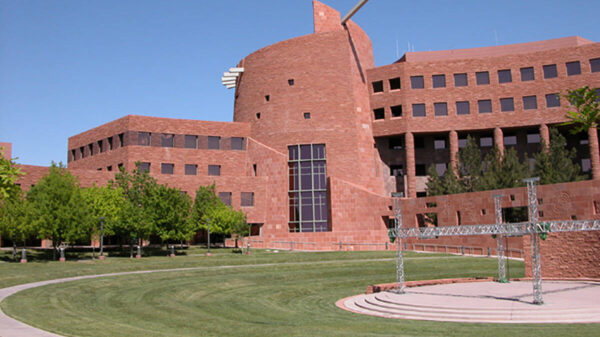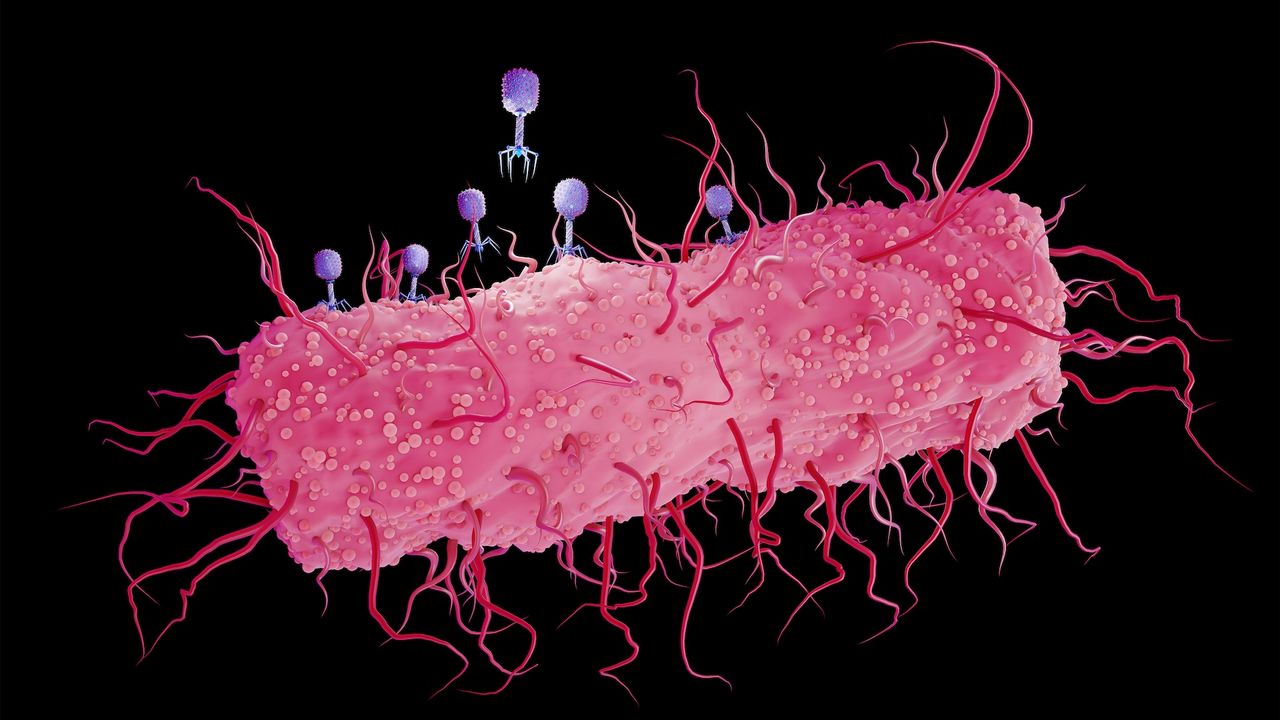UPDATE: A landmark study has confirmed that mutations in bacteria arise spontaneously, bolstering a fundamental tenet of Charles Darwin’s theory of evolution. Conducted by physicist Max Delbrück from Vanderbilt University and biologist Salvador Luria from Indiana University, this pivotal research was published in 1943 and challenges long-held beliefs about genetic mutations.
The study employed the innovative “fluctuation test,” demonstrating that mutations do not occur in response to environmental pressures but instead happen randomly. This revelation is crucial because it underscores the mechanism behind how organisms adapt to their environments over time.
Historically, the debate over mutation origins has been significant since the publication of Darwin’s On the Origin of Species in 1859. While Darwin argued that natural variations arise randomly and are filtered by survival pressures, alternative theories, like those posited by French naturalist Jean-Baptiste Lamarck, suggested that environmental factors could induce changes.
Delbrück’s entry into microbiology was serendipitous. After fleeing Nazi Germany, he became intrigued by genetics, inspired by the simplicity of studying bacteria. His collaboration with Luria began in December 1940 at Cold Spring Harbor Laboratory in New York, where both men were drawn to the potential of bacteriophages—viruses that infect bacteria.
The researchers devised a method to determine whether E. coli developed resistance to phages due to random mutations or external stimuli. By exposing cultures to phages and analyzing the resulting bacterial growth, they found that resistance mutations varied significantly across different cultures, suggesting randomness in mutation occurrence.
This groundbreaking work not only confirmed spontaneous mutations but also laid the groundwork for future genetic research. Delbrück, Luria, and their collaborator, Alfred Hershey, later uncovered that phages contained multiple genes and could exchange genetic information, a foundational discovery in genetics.
In recognition of their contributions, the trio was awarded the 1969 Nobel Prize in Physiology or Medicine. Their findings have had lasting implications, influencing modern genetic research and our understanding of evolution.
Interestingly, while their work established that natural selection acts on random variations, new studies indicate that mutation rates may not be uniform across all genes. For instance, mutations in “essential genes” appear at lower rates than those in non-essential genes, hinting at a more complex relationship between mutation and adaptation.
As science continues to evolve, the implications of Delbrück and Luria’s research remain relevant, stirring discussions about the mechanisms of evolution and the nature of genetic mutations. This study is a testament to the unyielding quest to understand the intricacies of life, reminding us of the profound impact that scientific inquiry has on our comprehension of biological processes.
Stay tuned for more updates as researchers delve deeper into the complexities of genetics and evolution.








































































